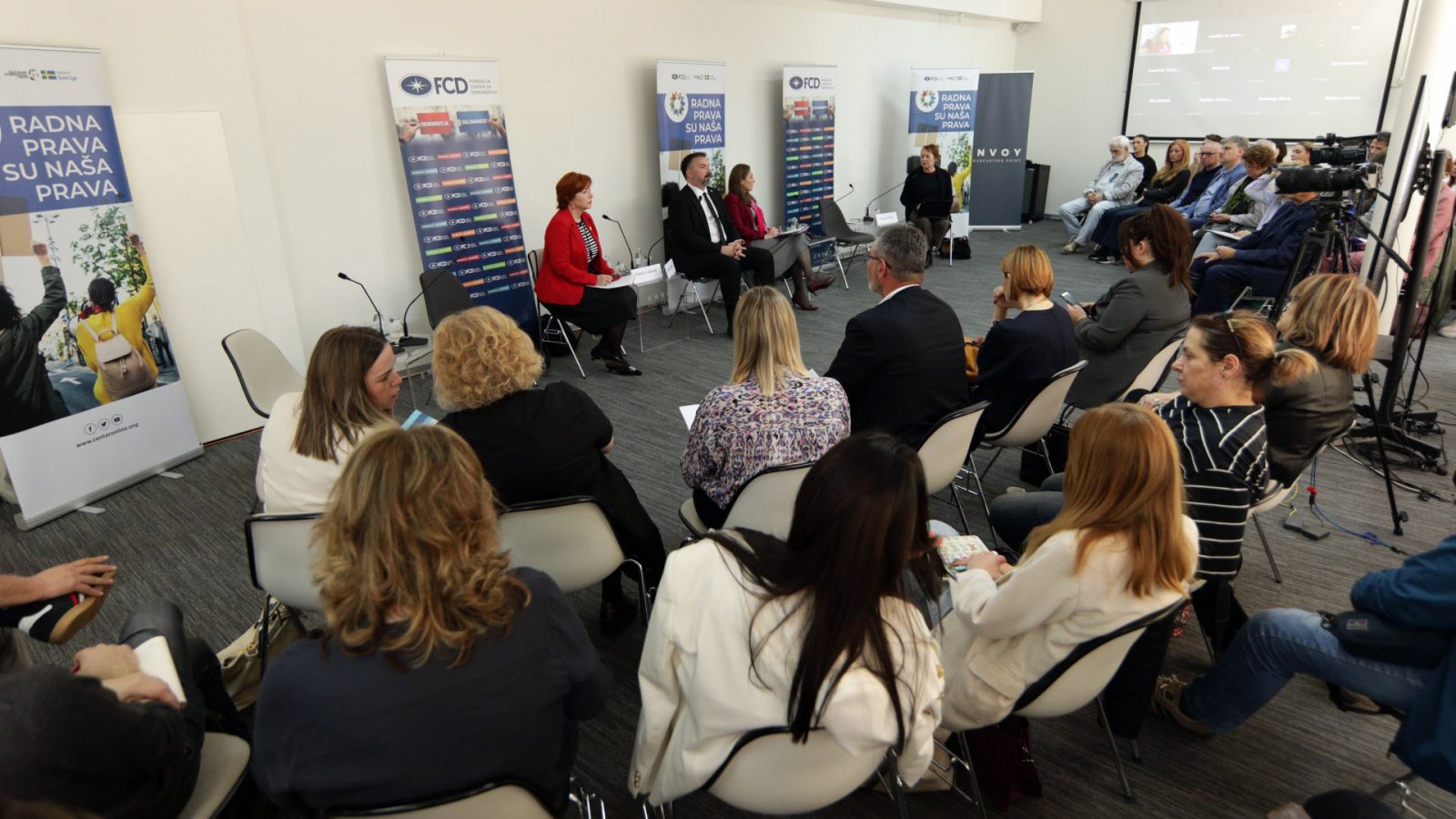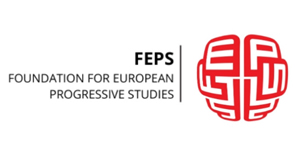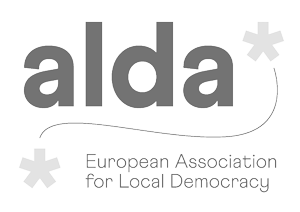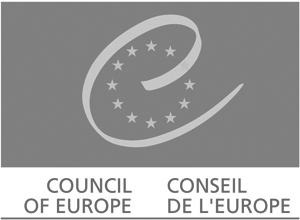Annual Conference: “Is There Decent Work for the Citizens of Serbia? Between Reality and Possibilities”
“Labor Rights and Decent Work in Socio-Economic Reforms in Serbia – Black and White”
On April 16, 2025, Center for Democracy Foundation, with the support of the Olof Palme International Center, organized the annual conference titled “Is There Decent Work for the Citizens of Serbia? Between Reality and Possibilities”.
At the conference, held within the project “Labor Rights and Decent Work in Socio-Economic Reforms in Serbia – Black and White” the annual Report on the State of Labor Rights in the Republic of Serbia for 2024 was presented, along with the study “Main Problems of Labor Legislation in Serbia”.
Participants in the discussion included: Brankica Janković, Commissioner for the Protection of Equality; Danilo Milić, Olof Palme International Center; Nataša Vučković, Center for Democracy Foundation; Bojan Urdarević, Faculty of Law, University of Kragujevac; Jovana Spajić-Erdeljan, International Labour Organization; Dragana Andonovska, Republic Agency for the Peaceful Settlement of Labor Disputes; Jovana Misailović, Faculty of Law, University of Kragujevac; Duško Vuković, Confederation of Autonomous Trade Unions of Serbia (SSSS); Nebojša Atanacković, Serbian Employers' Union; Tanja Jakobi, Center for Research of Public Policies; Slađana Kiković, UGS Nezavisnost; Svetlana Budimčević, Serbian Employers' Union; Biljana Stepanović, Nova ekonomija; Mina Kuzminac, CEVES; Milica Marinković, A11; and others. The discussion was moderated by journalist Antonela Riha.
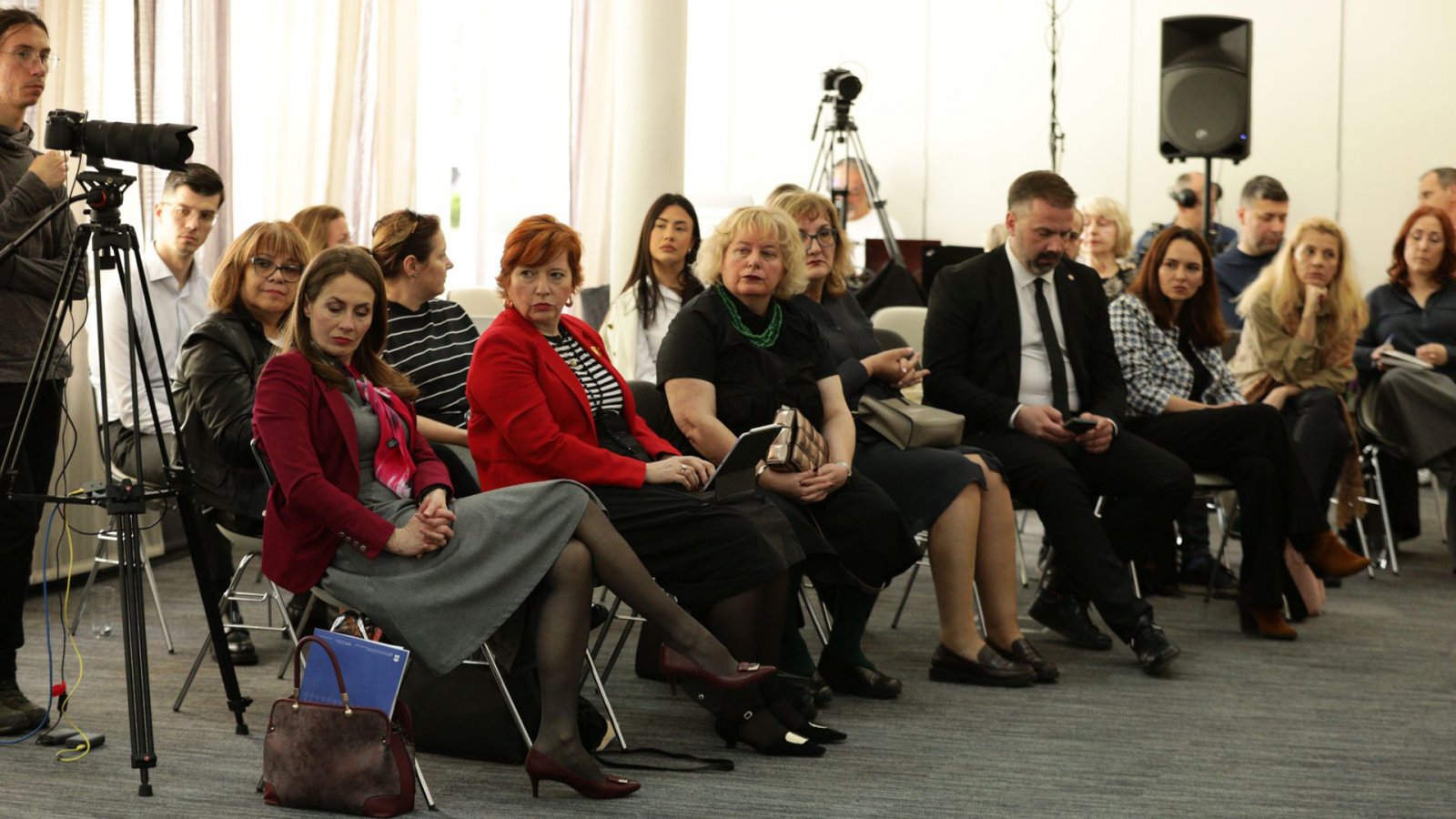
At a time when Serbia is facing the challenge of harmonizing its labor legislation with the legal frameworks of the European Union (EU) and international standards, as well as with new phenomena in the labor market, the conference provided space for critical analysis and constructive dialogue among relevant actors — trade unions, employers, institutions, the academic community, civil society, and the media — with the goal of formulating concrete recommendations for improving the position of workers in Serbia.
Within the framework of three panel sessions, discussions were held on the state of labor rights in Serbia, labor legislation and proposals for further reform steps, as well as on youth involvement in trade unions and what trade unions can do for young people.
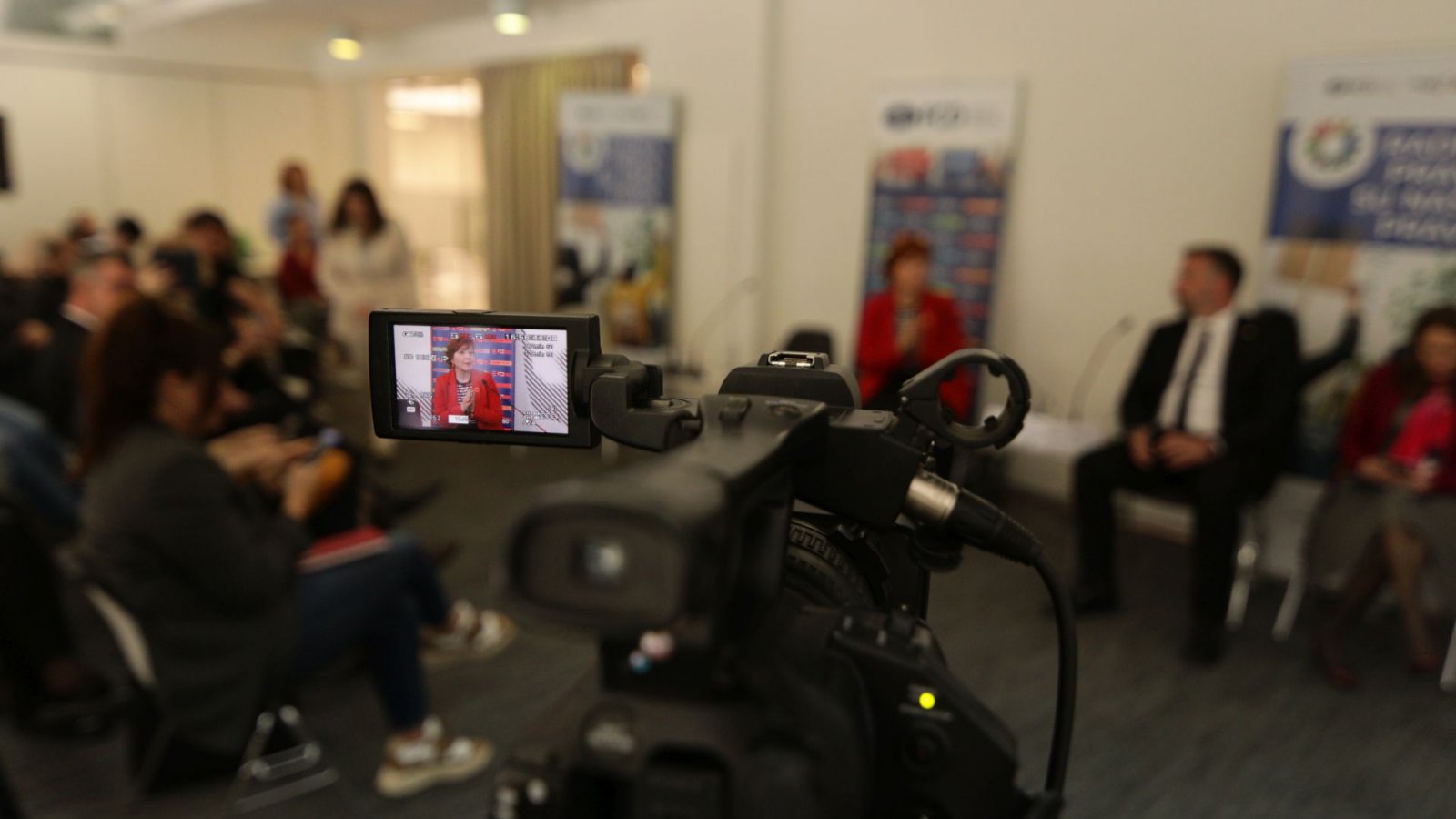
The Secretary General of the Center for Democracy Foundation, Nataša Vučković, emphasized that, today in Serbia, under the influence of student uprisings and civic protests, labor rights have come into the public spotlight in a way that has not been seen in decades.
“Labor rights and social rights are those that concern the largest number of citizens in Serbia, but due to various influences, they have for years been perceived as relics of the past. As a result, it turned out that only a small circle of people in society dealt with these rights and issues, as if they were marginal, when in fact they are a priority”, said Vučković.
She stated that the labor market is polarized and divided, and that the dividing lines stem from numerous sources. The first division, she noted, is access to education and the extent to which people can acquire education that will enable them to obtain good jobs and standards of decent work.
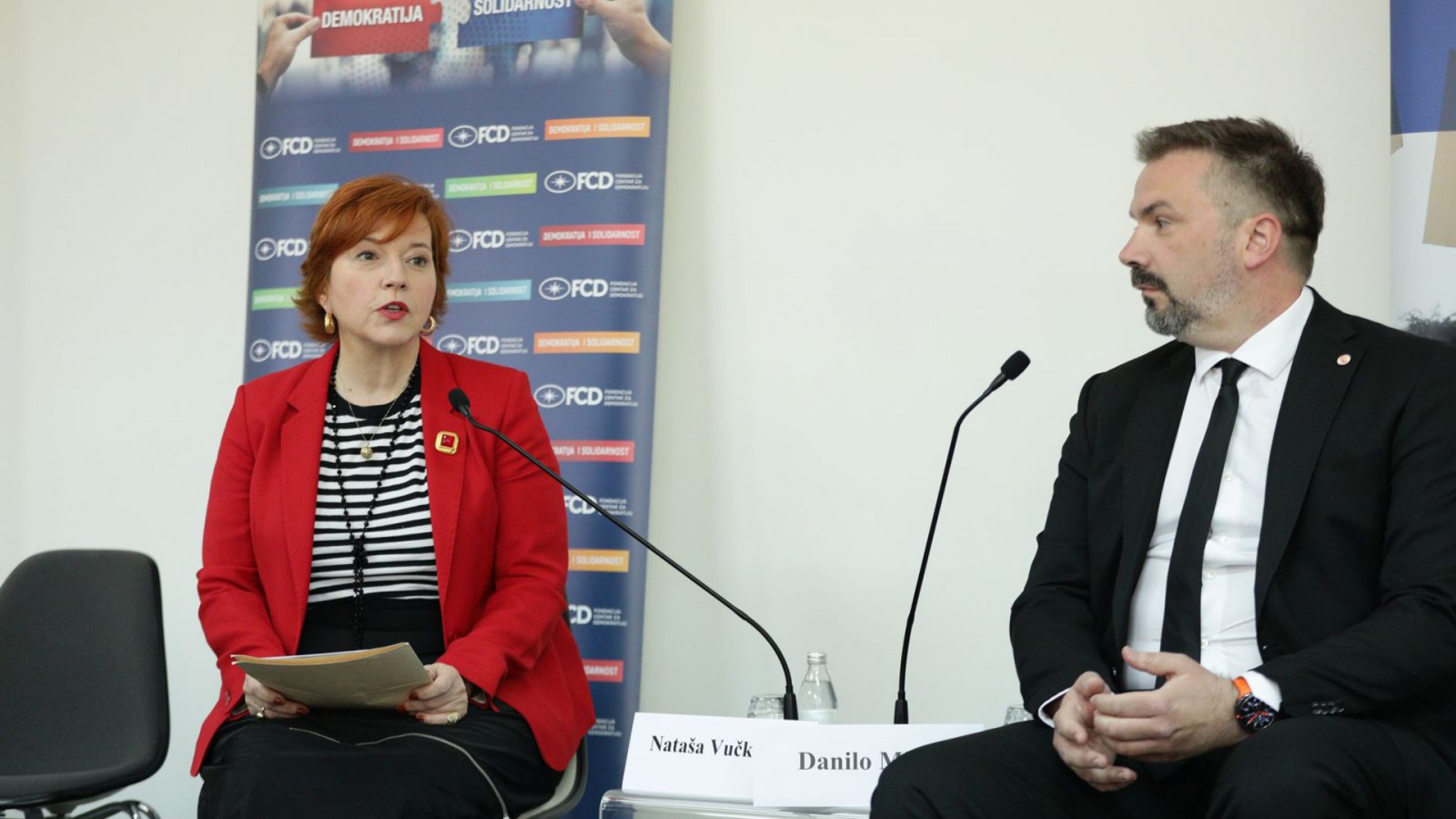
“If you are employed in the IT sector and live in Stari Grad, you will belong to an extremely privileged social group. But if you are a woman working in the textile industry, you will face enormous problems — your income will most often be at the level of the minimum wage, and your labor rights will be at a very low level”, Vučković explained.
She reminded that the Foundation has been working for more than 15 years on the protection of social and labor rights, promoting the standards of decent work and the harmonization of the domestic legal system with the acquis of the European Union.
Danilo Milić from the Olof Palme International Center stated that everyone talks about how labor rights are extremely important and that everyone’s life depends on them in one way or another, but that the topic is rarely present in the media and in campaigns.
“I appeal to the non-governmental sector to pay more attention to this issue, as well as to donors to provide more support for these topics”, said Milić.
He added that, due to current developments in the country and student protests, trade unions have been given a good opportunity to become visible and regain trust. Without solidarity, Milić believes, the gap between the rich and the poor will only continue to grow.
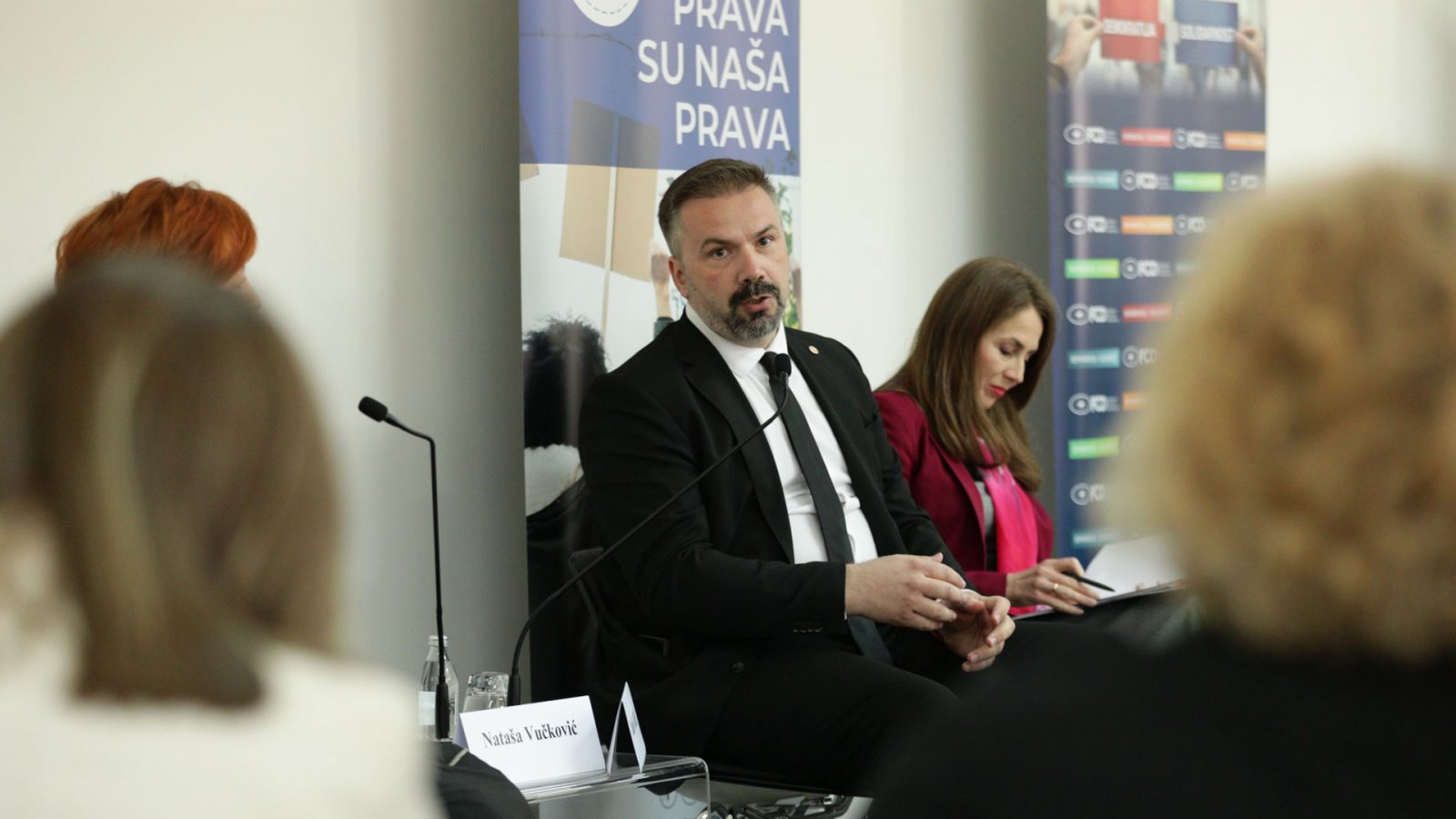
The Commissioner for the Protection of Equality, Brankica Janković, emphasized that there must be an awareness that no one from the global political scene will come to solve domestic social issues or problems—this includes the issue of decent work.
“The perception of decent work varies depending on which generation we belong to. In the field of labor and employment, the Commissioner receives the highest number of complaints since the institution was established, and according to these complaints, women are most exposed to discrimination—especially young women and women aged 50 and over. This also generally applies to older workers and persons with disabilities, as well as Roma men and women”, said Janković.
The wage gap between men and women is 8.8 percent, and the pension gap is 17 percent, the Commissioner added. She stressed that every measure and recommendation issued by the institution, as well as the initiation of strategic litigation, sends an unequivocal message that discrimination is prohibited by law.
“Our everyday reality is shaped by workers who often work overtime without pay, worry whether their wages will arrive on time, whether their contracts will be extended, whether they will have the right to sick leave—those who remain silent in the face of injustice because they know it’s not easy to find a new job that ensures decent work”, said Janković, but she also emphasized that what is possible depends solely on us and on political will.
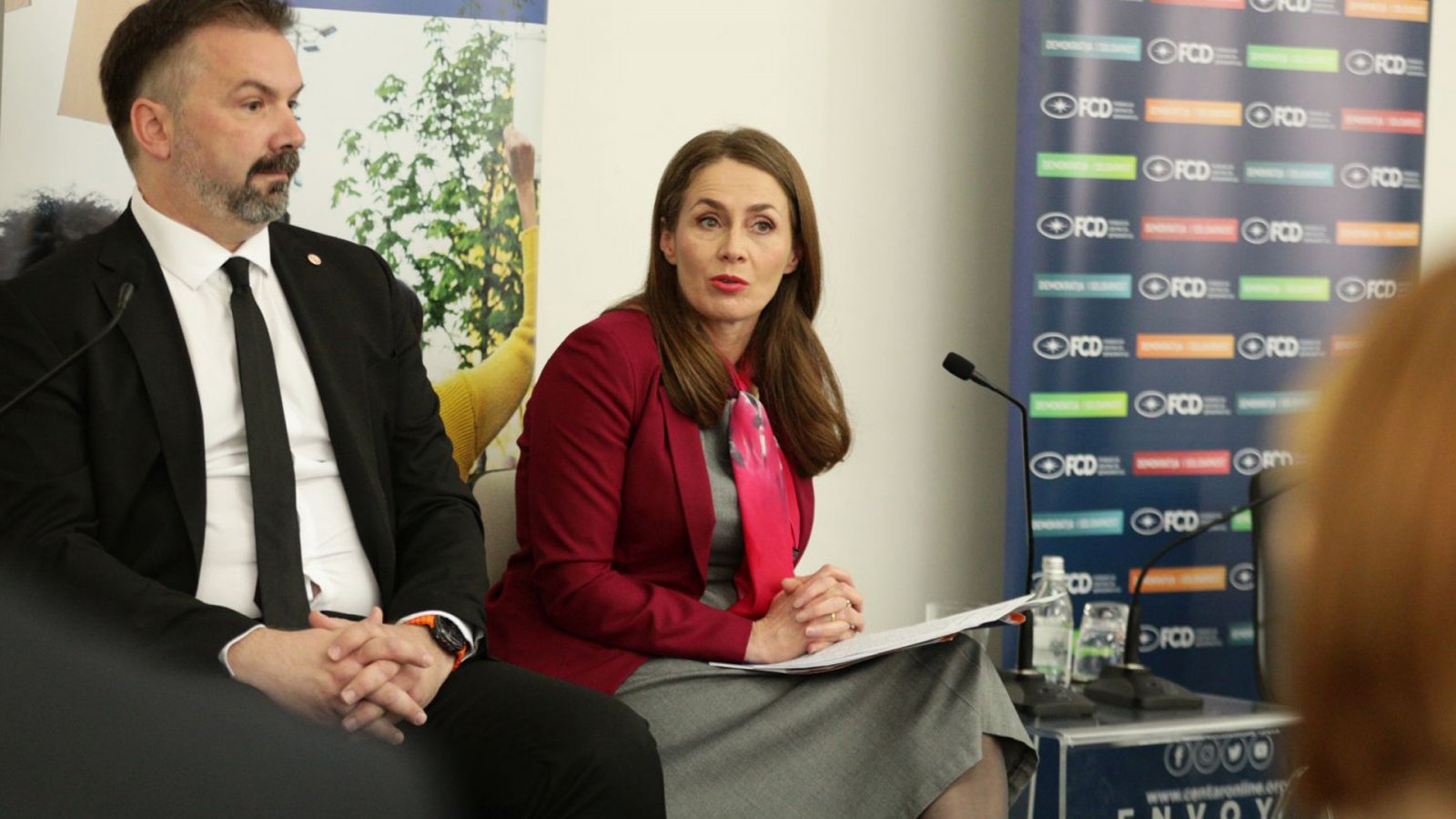
Jovana Misailović from the Faculty of Law at the University of Kragujevac presented the “Annual Report on the State of Labor Rights in Serbia for 2024” and stated that the previous year was not fruitful in terms of legal amendments, as they remained at the draft stage, and also since the adoption of a new Labor Law was absent.
“We can note that wages have increased, so we can effectively say that we are recording wage growth, but it is in no way aligned with the increase in the cost of living in 2024. We examined purchasing power and its insufficiency—the inability of the majority of people in the Republic of Serbia to, with their earnings, cover the average consumer basket, and the level of poverty, which continues to be a prevailing trend”, Misailović explained.
What is important, she added, is that youth employment has been initiated through the pilot project "Youth Guarantee," and she emphasized that the implementation of this project will be monitored in the coming period. Social dialogue remains at a status quo, and the Labor Law, which is expected to be discussed in 2026, is still pending, said Misailović.
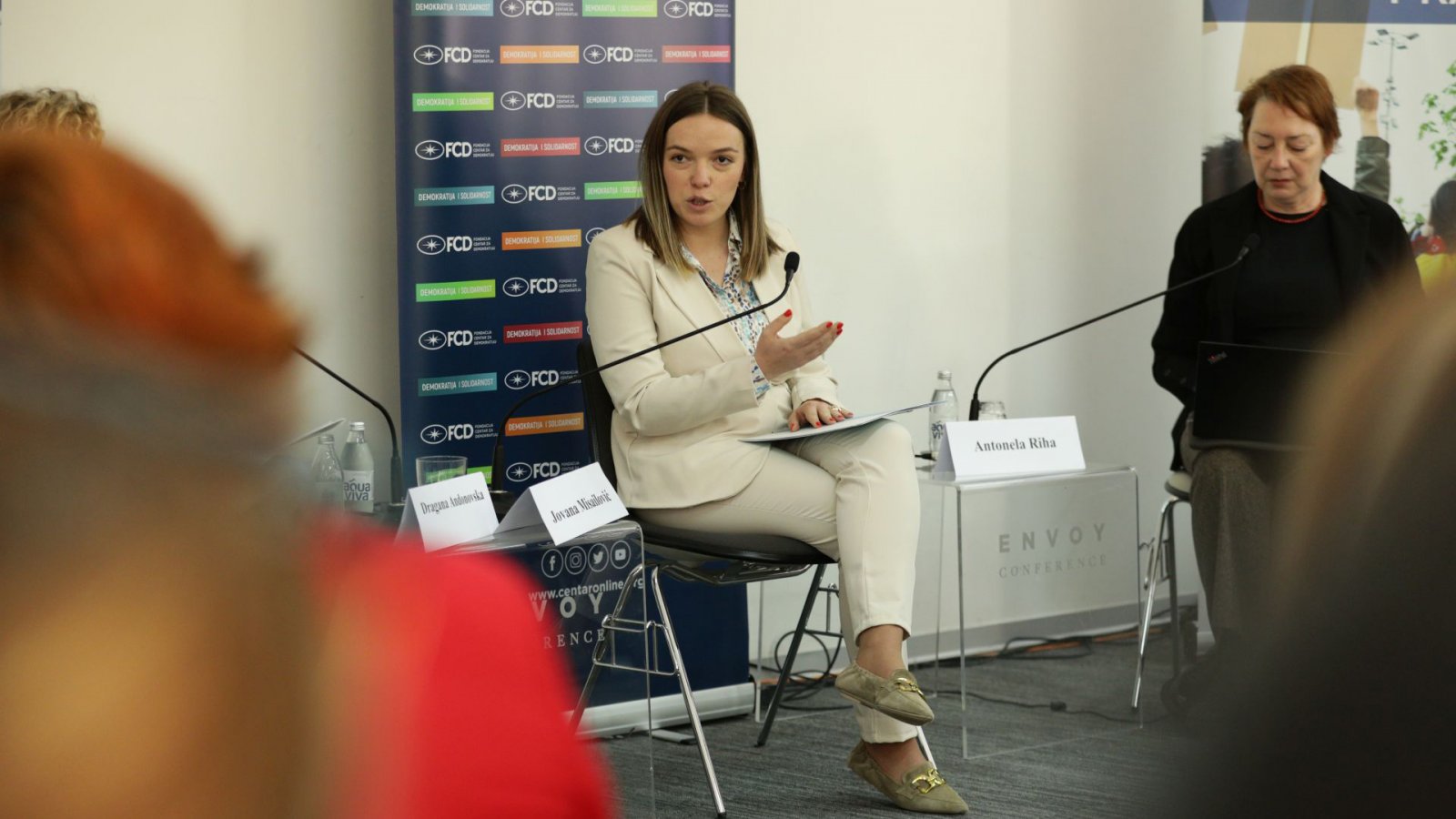
Jovana Spaić Erdeljan from the International Labour Organization stated that the assessment of social dialogue begins with the Socio-Economic Council (SEC), and when evaluating its work, one looks at how many sessions were held, how many ministry representatives attended those sessions, and how many laws were influenced by the recommendations that were adopted by the SEC.
“As long as all ministries that are members of the SEC do not take the topic of social dialogue seriously, and as long as there is no clear political will recognizing that social dialogue is extremely important for the development of a society—that it can contribute to economic empowerment, industrial peace, and societal prosperity—we cannot speak of true social dialogue”, said Spaić Erdeljan.
The SEC is only as strong as its social partners are strong, she added.

Dragana Andonovska from the Republic Agency for the Peaceful Settlement of Labor Disputes stated that over the 20 years of the Agency’s operation, more than 24,000 labor disputes have been resolved, including 500 collective labor disputes.
“On average, the Agency resolves around 1,200 individual and about 20 to 30 collective labor disputes annually. More than 160,000 employees in Serbia —about 7 percent of the total employed population — are affected by some of the recommendations from agreements concluded before the Agency”, said Andonovska.
She explained that the Agency does not have general jurisdiction and cannot resolve all labor disputes, and that the procedure before the Agency is voluntary.
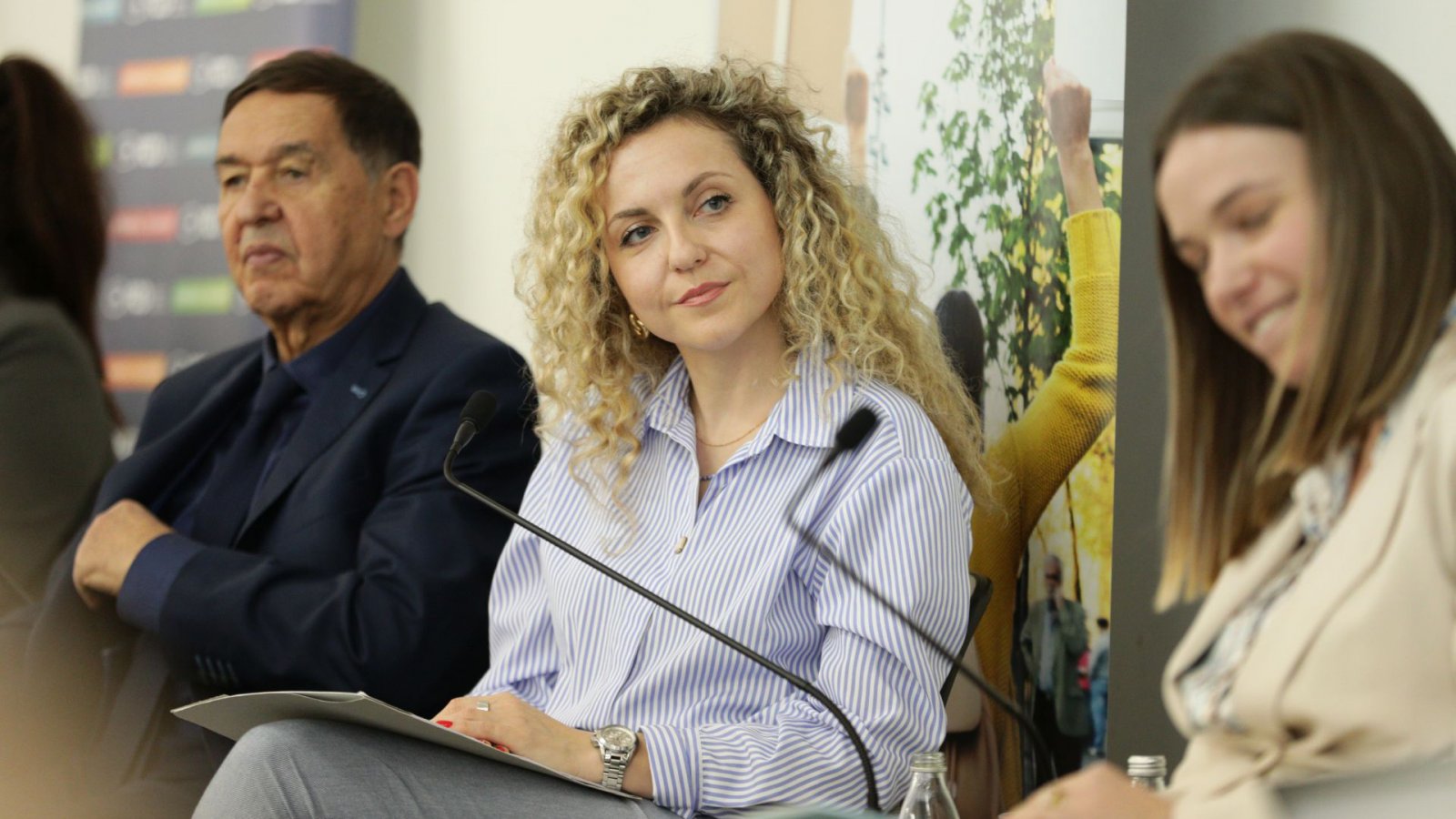
Duško Vuković from the Confederation of Autonomous Trade Unions of Serbia emphasized that we are currently living in a society caught between what is normative and what is real. He stressed that the ratification of conventions means little if they are not implemented.
“We haven’t had a general collective agreement for 14 years, and we are not negotiating about what matters most—wages and finances”, said Vuković, adding that he believes we live in a society where labor and social rights are not important at all — only profit is.
He also said that trade unions must be more persistent and more visible, but that the media play a major role in this.
“Over the past decades, we have put forward various initiatives to improve labor and social rights—to urgently amend parts of the Labor Law concerning collective agreements, to change the definition of an employee... Trade unions have long been afraid—their leaders, but also the workers themselves — because they are aware that for decades they have been living between a rock and a hard place”, Vuković concluded.
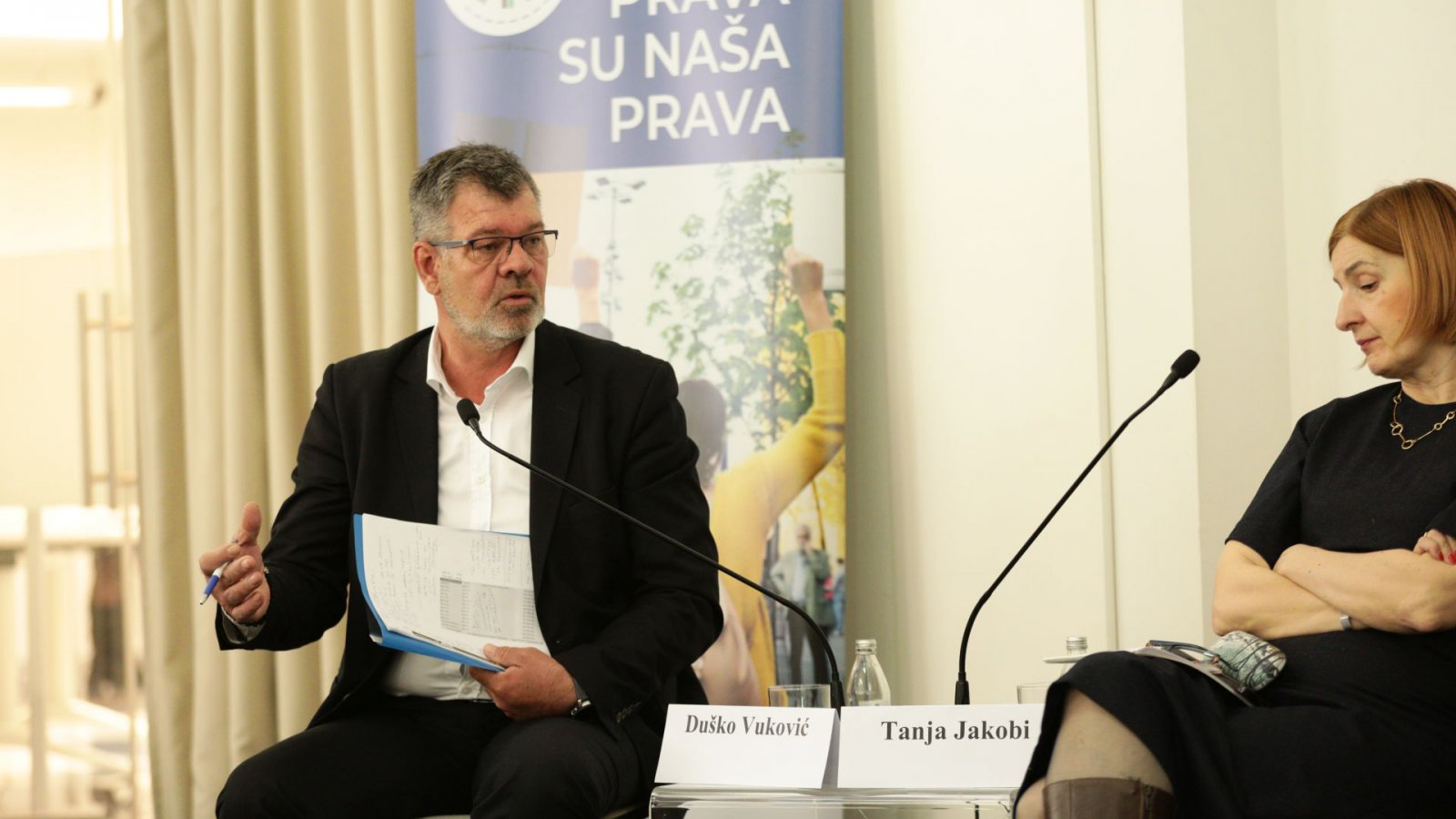
Nebojša Atanacković from the Serbian Employers' Union believes that the main problem of the Socio-Economic Council is that the institution is viewed as a mere “picture on the wall”.
“There are only a few examples where something adopted by the SEC has actually been implemented”, said Atanacković, adding that it is an institution that could do much more — but only if all three social partners approach its work with equal seriousness.
He also pointed out that, for example, in Germany there are more than 100 sectoral collective agreements, while in Serbia there are only two. Additionally, he stated that Serbia cannot implement “certain expensive solutions” that are applied in Western Europe, and that this often leads to misunderstandings.
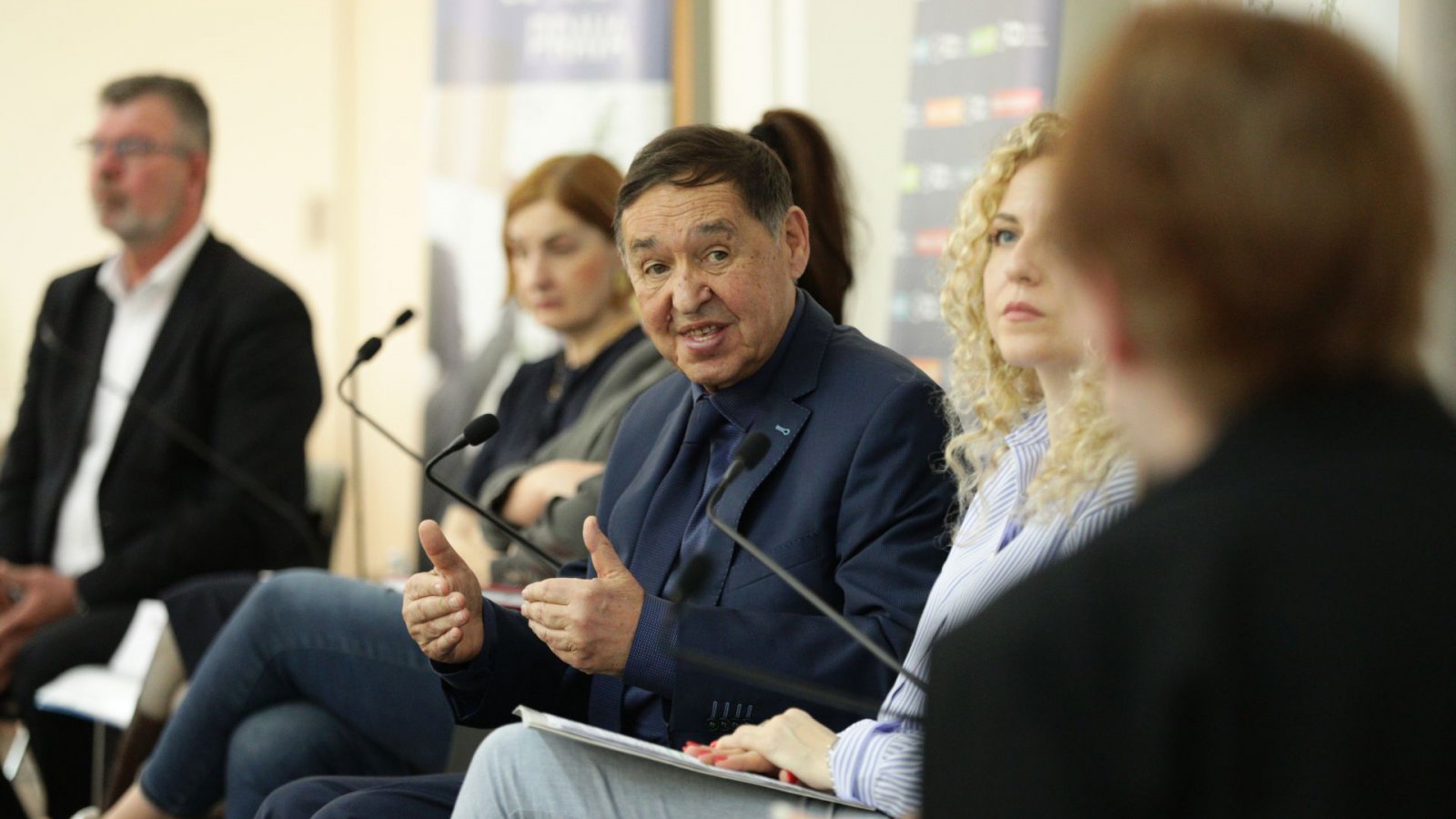
Tanja Jakobi from the Center for Research of Public Policies spoke about platform workers, stating that those engaged in food delivery represent “the dark side of what is wrong in Serbia today” and what, in her view, will continue to be problematic in the future if not addressed properly.
“These are the people who are currently engaged through agencies that are not registered to perform that type of work. They receive contracts that are valid for one or a few days, and when they try to exercise any of their rights, they realize they were never registered for health insurance or anything else”, Jakobi explained.
She added that these workers operate under a dynamic pay rate, which changes depending on whether it’s sunny or rainy, among other factors.
“It’s important that the law clearly defines who the employers are and who the workers are, because here we have a case where the platform is effectively the employer, but it is just an app, while the actual employer is the agency through which their wages are paid — and that’s it”, said Jakobi.
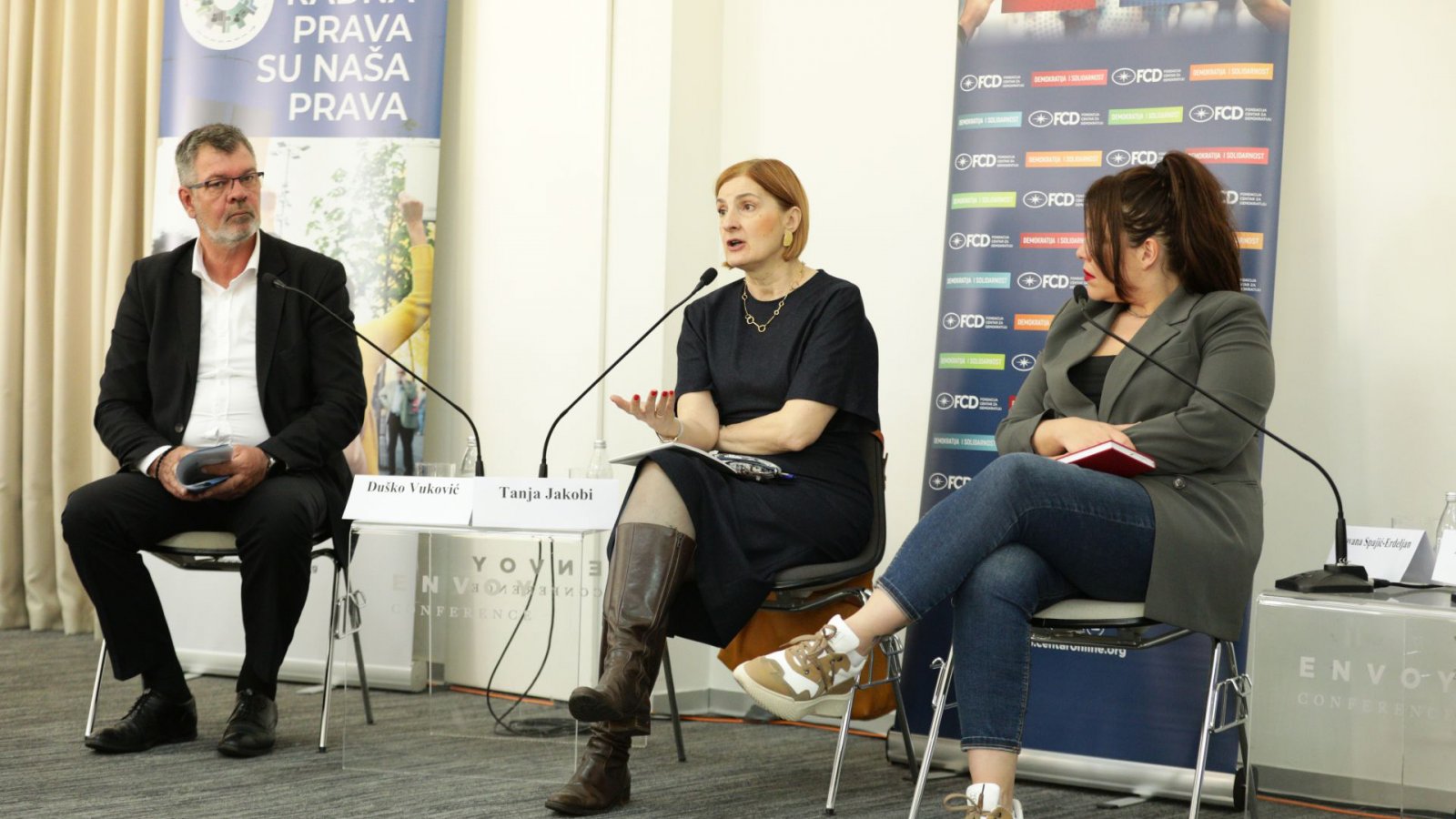
Bojan Urdarević from the Faculty of Law at the University of Kragujevac, one of the authors of the Report on the State of Labor Rights in Serbia in 2024, stated that when it comes to labor legislation and labor rights, there is a lack of political will, and that these issues are not recognized to the extent they should be in a different social environment.
“When we say that the state was not present at the sessions of the Socio-Economic Council or that there was only 30 percent attendance, this mostly refers to other ministries — not the Ministry of Labor, which was consistently present. Rather, the Ministry of Economy, the Ministry of Education, and others do not have these issues in focus”, Urdarević explained.
The foundation of labor legislation is precisely social dialogue, and the state often seeks alternative paths to dialogue, Urdarević added.
“There is no adequate labor legislation without social dialogue, and there is no social dialogue without societal and political awareness of why it matters. At the moment, we do not have those conditions, and in that respect, we cannot hope for anything better. That is why our annual reports are increasingly beginning to resemble one another”, he explained.

EU countries have moved on to considering topics that may seem distant to us — digitalization, artificial intelligence, remote work, and the like — while we still view sick leave as one of the most important issues, Urdarević reminded.
“It seems to me that the earliest we can expect a draft of the new Labor Law is in the summer or spring of 2026, and its adoption not before 2027. That is the reality”, he emphasized.
Slađana Kiković from UGS Nezavisnost stated that representative trade unions have the obligation to work on labor legislation and that they can advocate for every employee in the Republic of Serbia, regardless of whether that person is a union member or not.
“I think it is high time to include the academic community in the work of the Socio-Economic Council”, said Kiković, emphasizing her view that social dialogue in Serbia does not exist and that institutions are not functioning.
Regarding the Law on Strike, which she believes urgently needs to be changed, she noted that reforms should begin with activities of public interest.
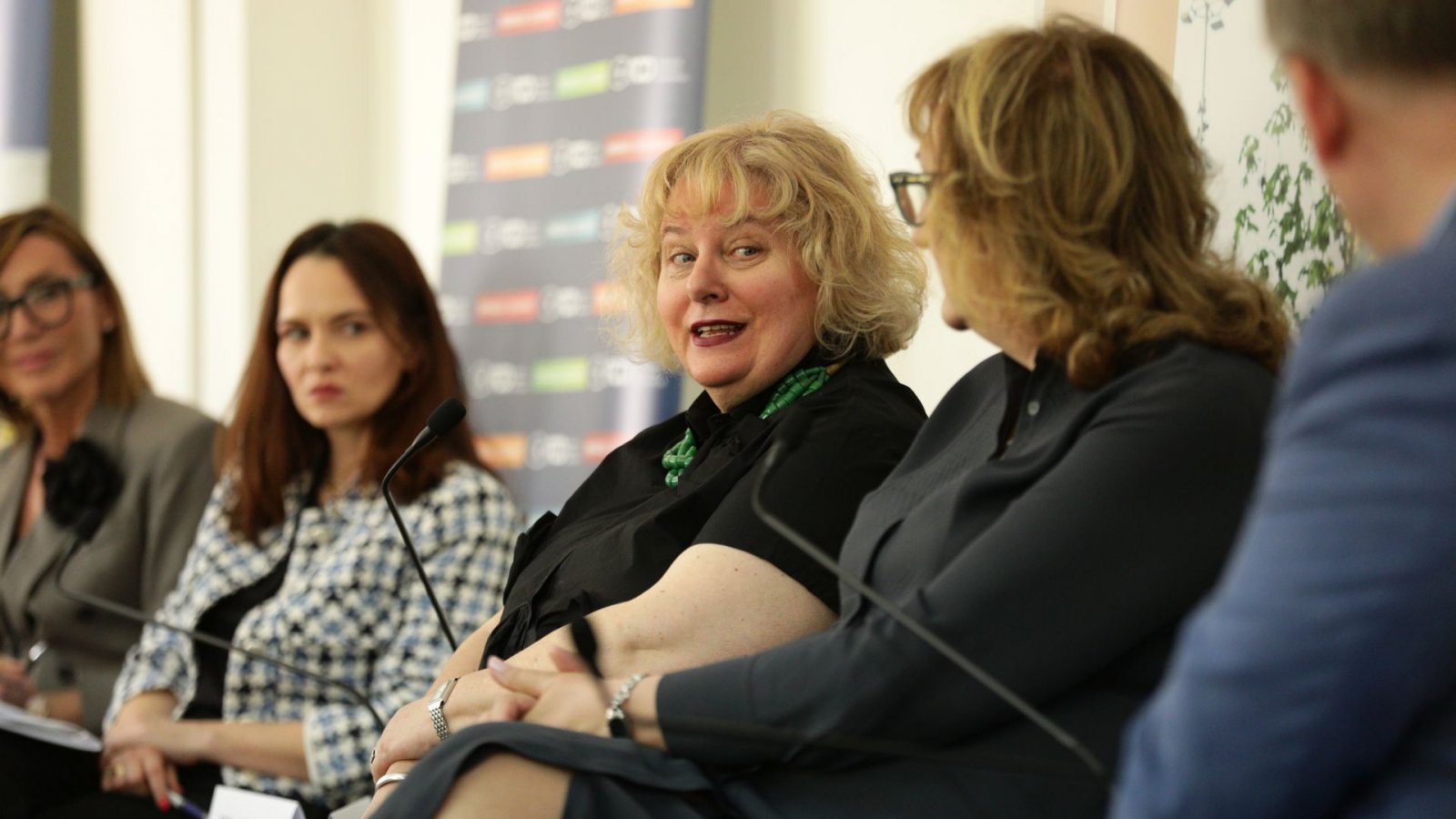
Svetlana Budimčević from the Serbian Employers' Union stated that such discussions are important because in Serbia, laws have always been adopted through urgent procedures, without analysis and without the inclusion of interested parties.
“As a country, we have not committed to a national strategy or defined what the competitive advantage of our country is compared to others, so that we can develop our system in that direction. Choosing key branches of the economy would be a fantastic foundation for the education system as well”, said Budimčević.
It is not only the social partners who are weak—the system itself is weak and needs to be changed, which cannot happen overnight, Budimčević noted, adding that the starting point should be the country’s weak institutions.
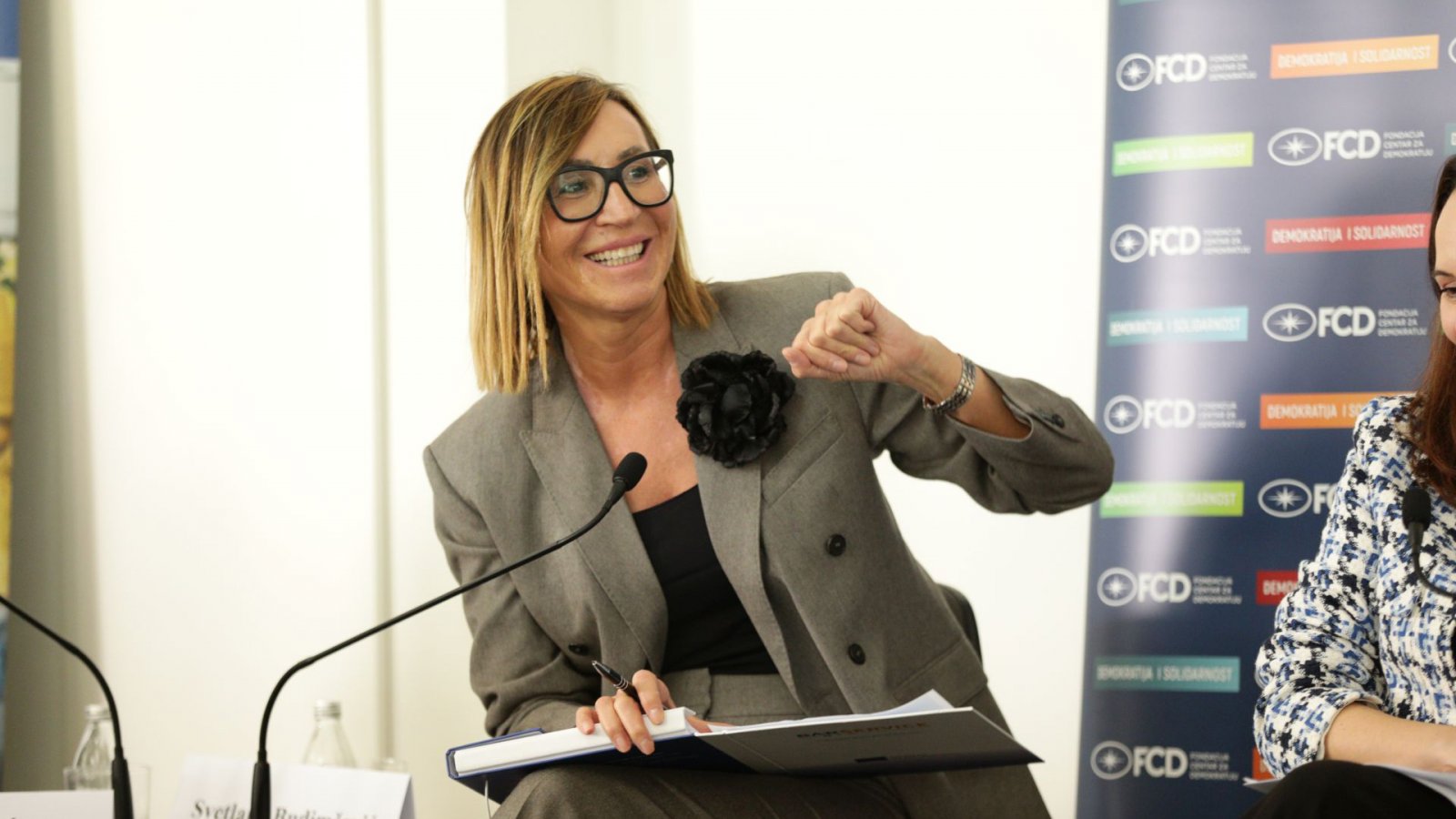
Biljana Stepanović from Nova ekonomija explained that the nature of the media is such that they are most interested in real-life examples, and unfortunately, the most widely read stories are those about negative situations—particularly the violation of human rights, not just labor rights, of foreign workers.
“We had highly read articles about female entrepreneurs who are completely unprotected after going on maternity leave, and about how much money foreign investors receive from the state in the form of subsidies, only to then pay their workers minimum wages”, said Stepanović.
Not all workers are affected in the same way, she emphasized. She also noted that highly competent young people today pay little attention to the Labor Law, and that employers are now focusing on building loyalty. In the future drafting of the Labor Law, employers must also be included, Stepanović concluded.
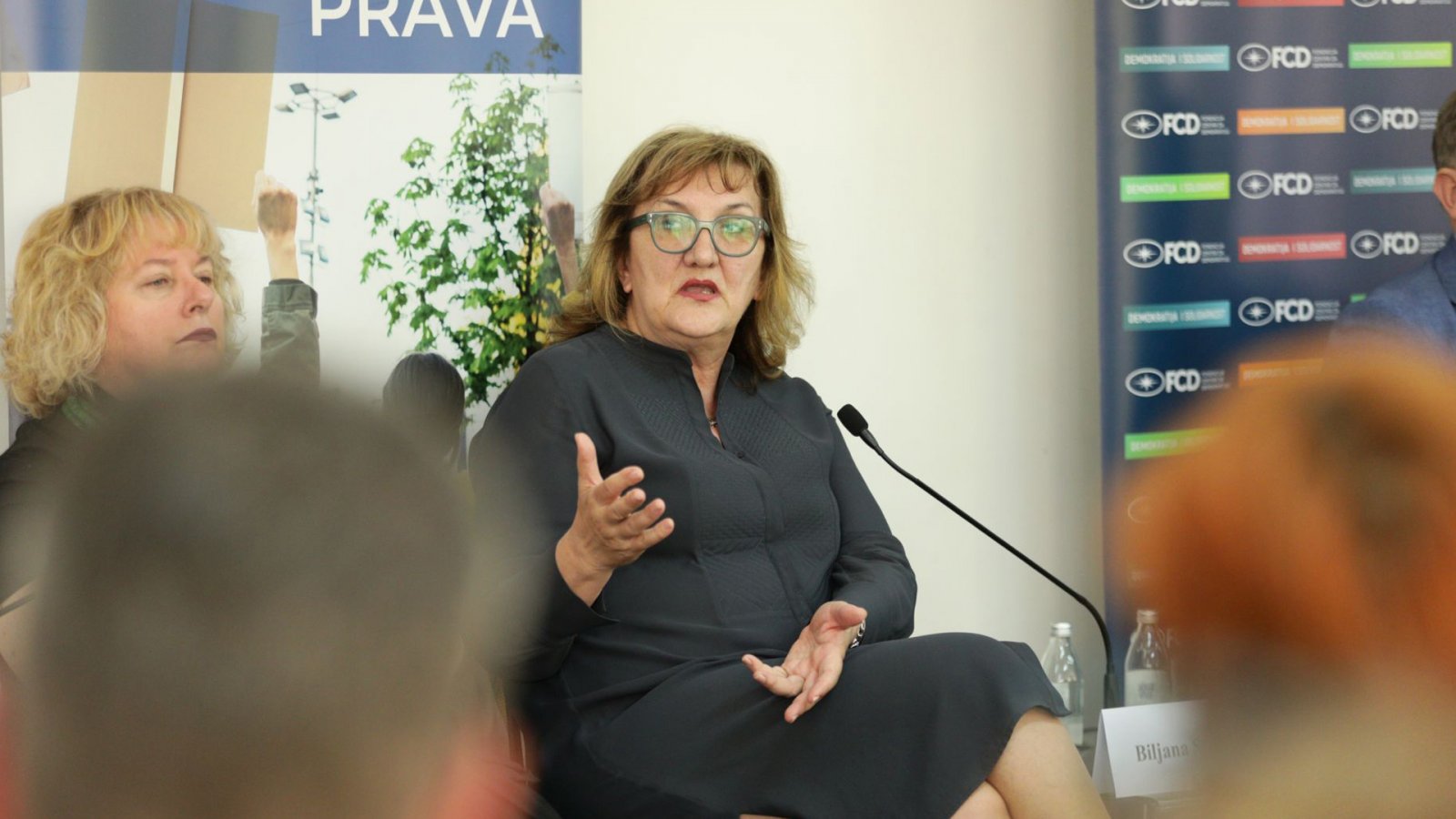
Mina Kuzminac from CEVES stated that there is a constant denial of labor rights in the domestic context, and that it is considered “shameful to talk about labor rights.”
“In that sense, the first step is for that shame to disappear”, she emphasized.
She explained the phenomenon of “intersectional discrimination” or discrimination on multiple grounds, and gave an example: what would happen if a Roma woman in a wheelchair came to a job interview? Would she be given a real chance?
“Here, we return to the dynamics of power and powerlessness, and we ask ourselves who the most marginalized groups in our society really are”, she said.
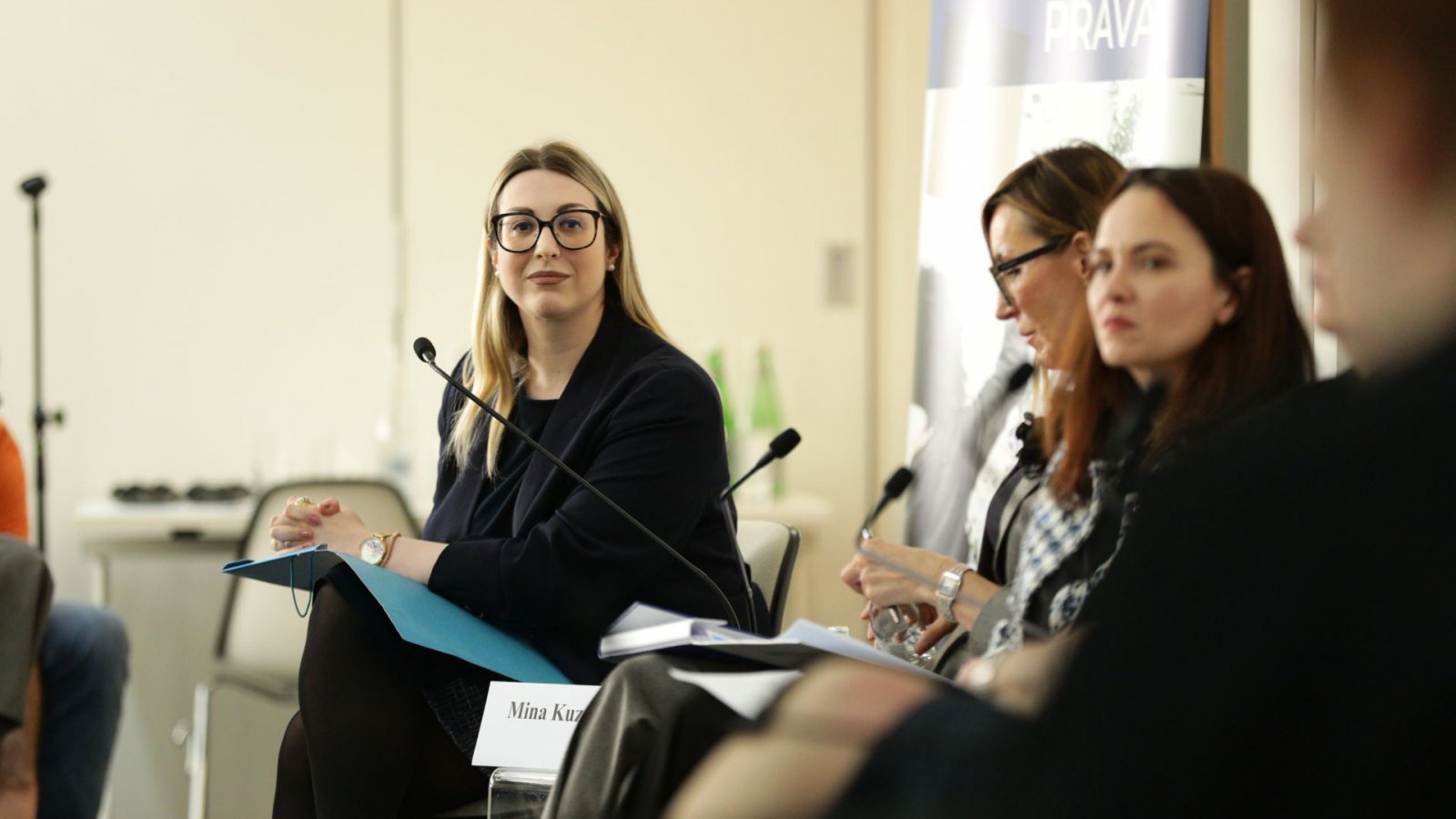
Milica Marinković from A11 stated that the Law on the Prohibition of Discrimination contains a provision that refers to the assessment of the impact of legal provisions on multiply marginalized groups.
“If we fail to do that when adopting a new draft law — whenever that may be — we will once again be taking two steps backward”, she said.
Speaking about the implementation of existing mechanisms, she noted that changing the terminology of the term “employee” doesn’t mean much if the labor inspectorate does not do its job. Pressure on institutions to enforce already existing provisions is crucial, she said, as is the networking of experts in these fields.
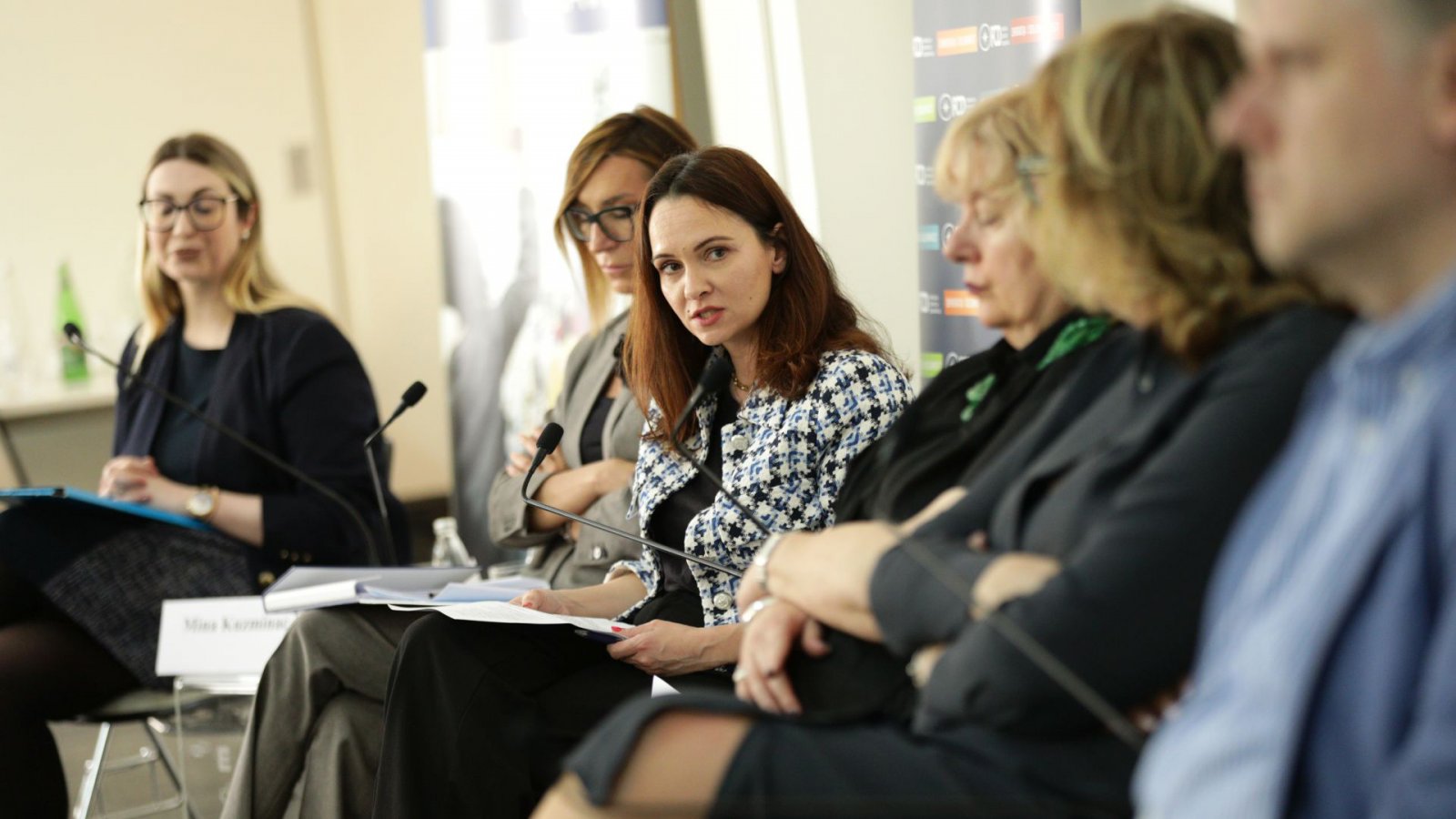
The conference represents a continuation of the Center for Democracy Foundation’s long-standing contribution to the improvement of labor rights and social dialogue in Serbia, within the framework of the project “Labor Rights and Decent Work in Socio-Economic Reforms in Serbia – Black and White”, which the Center for Democracy Foundation is implementing with the support of the Olof Palme International Center.
Publications:
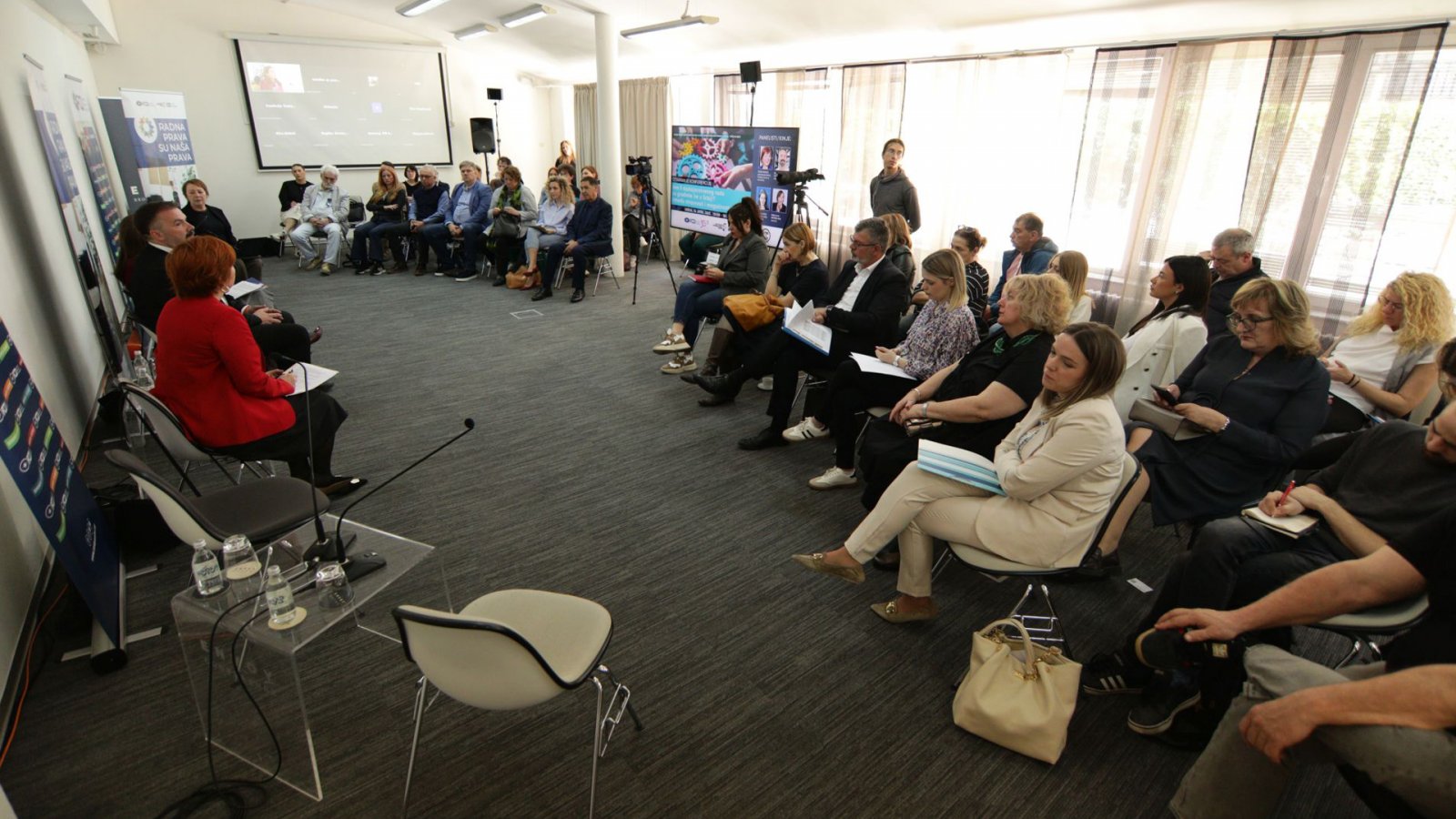
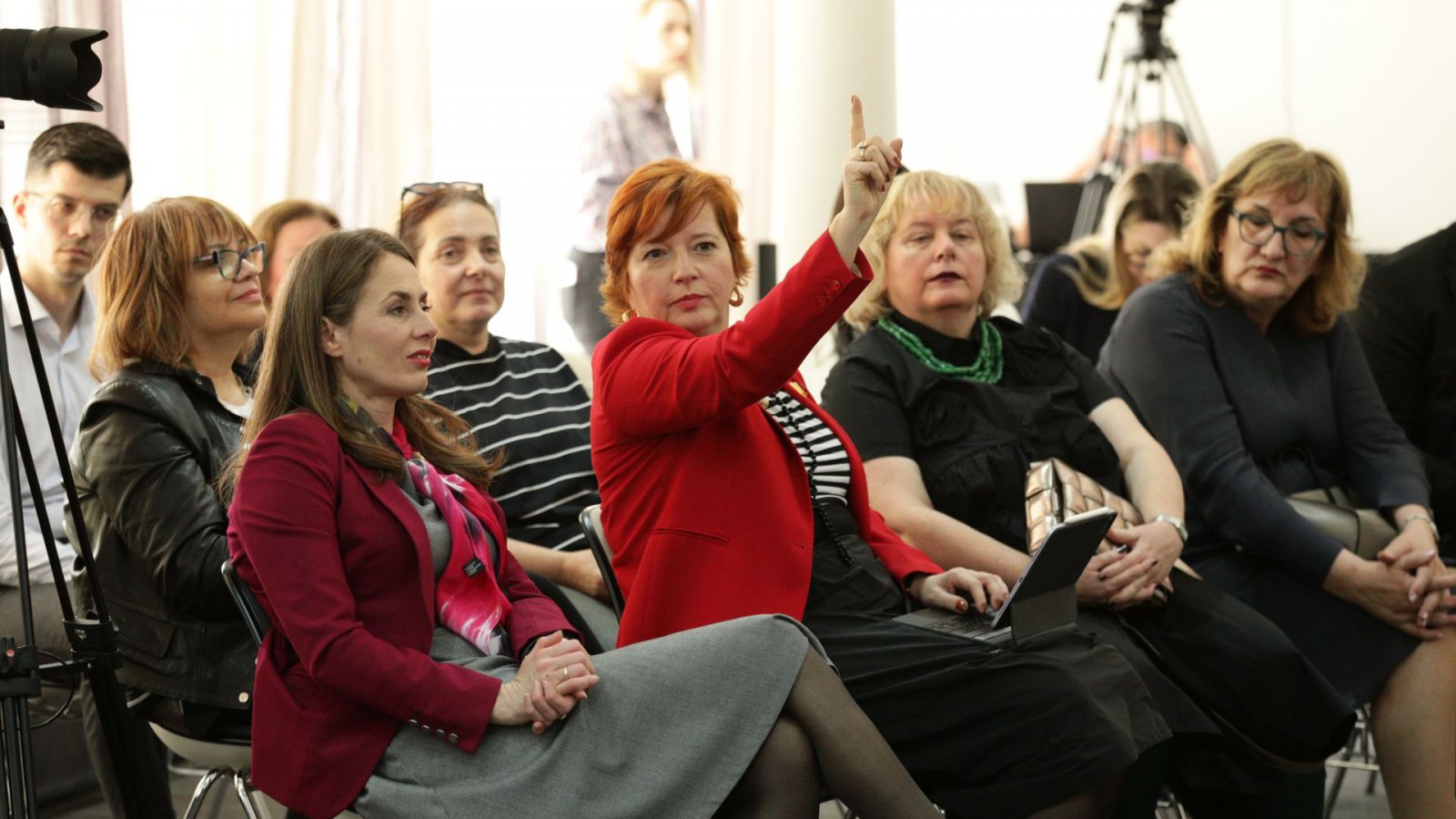
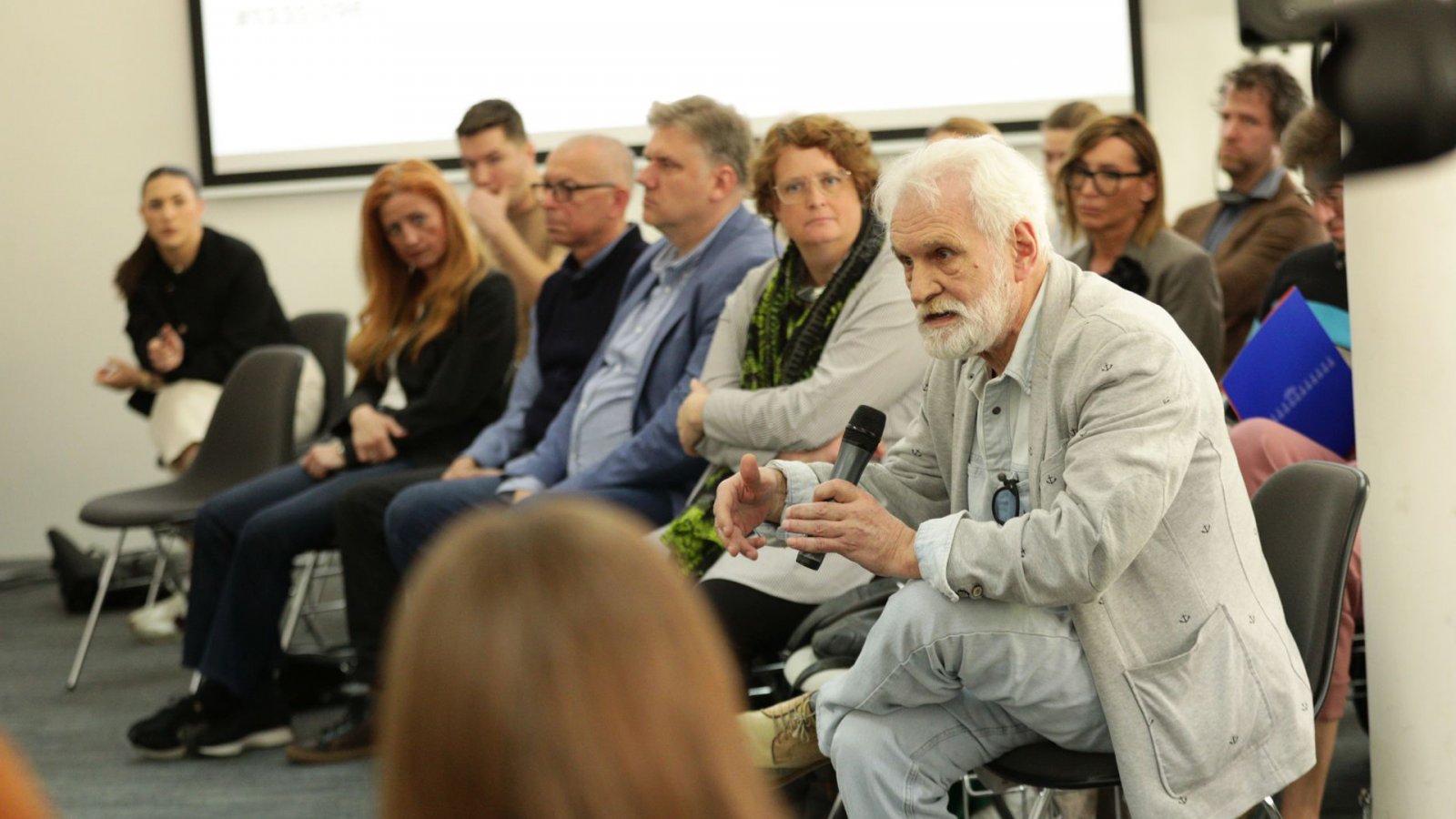
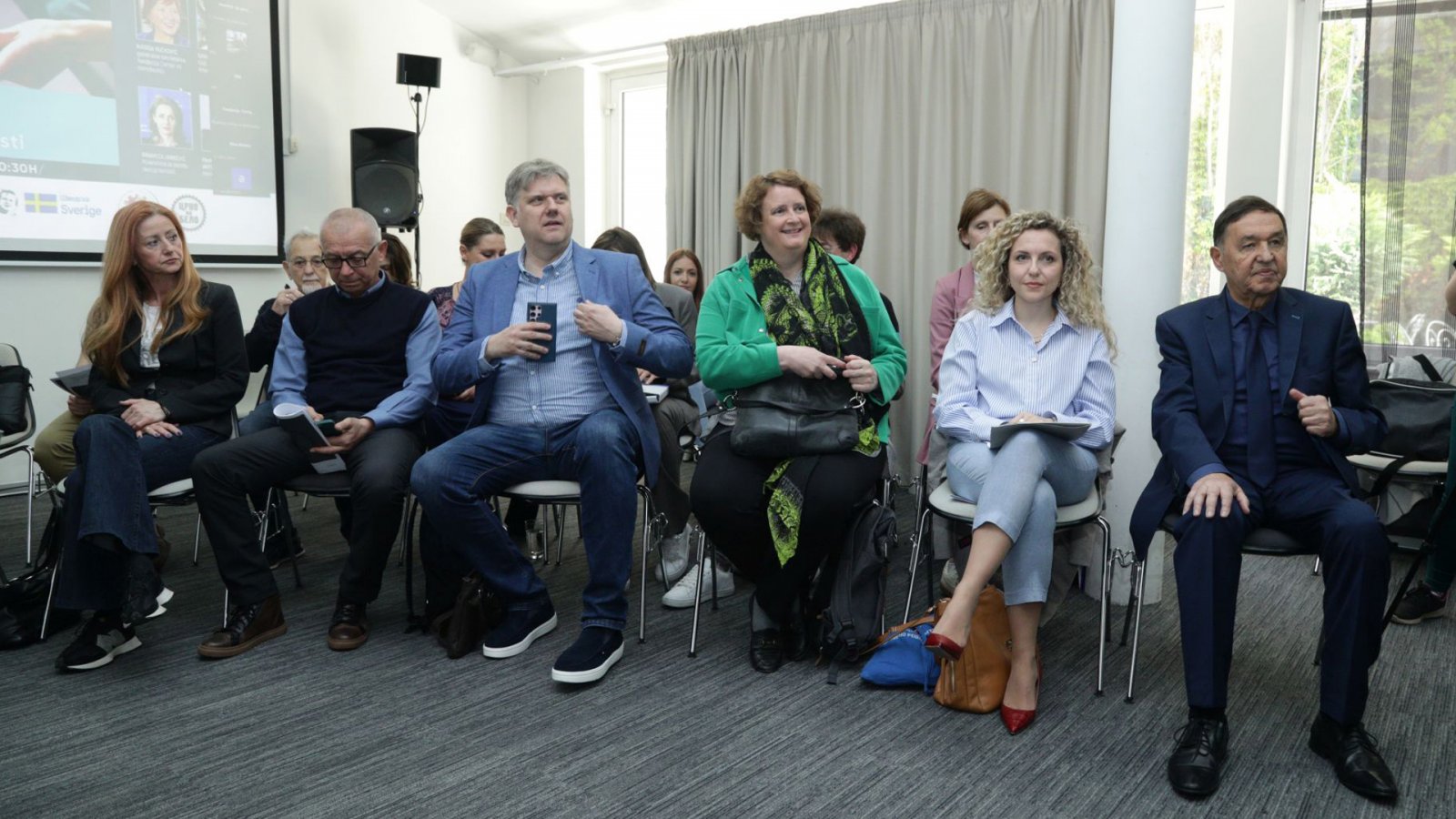
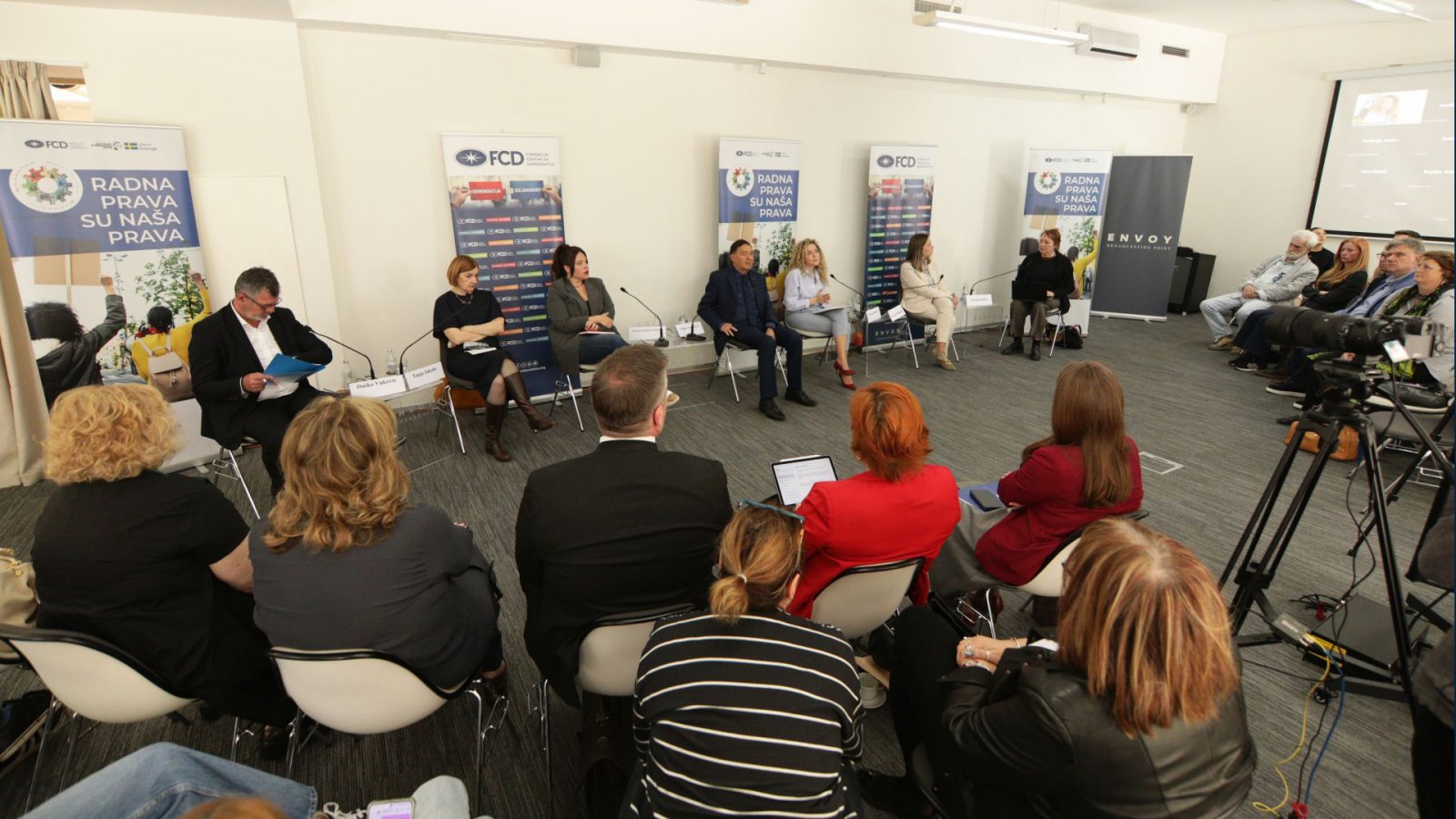
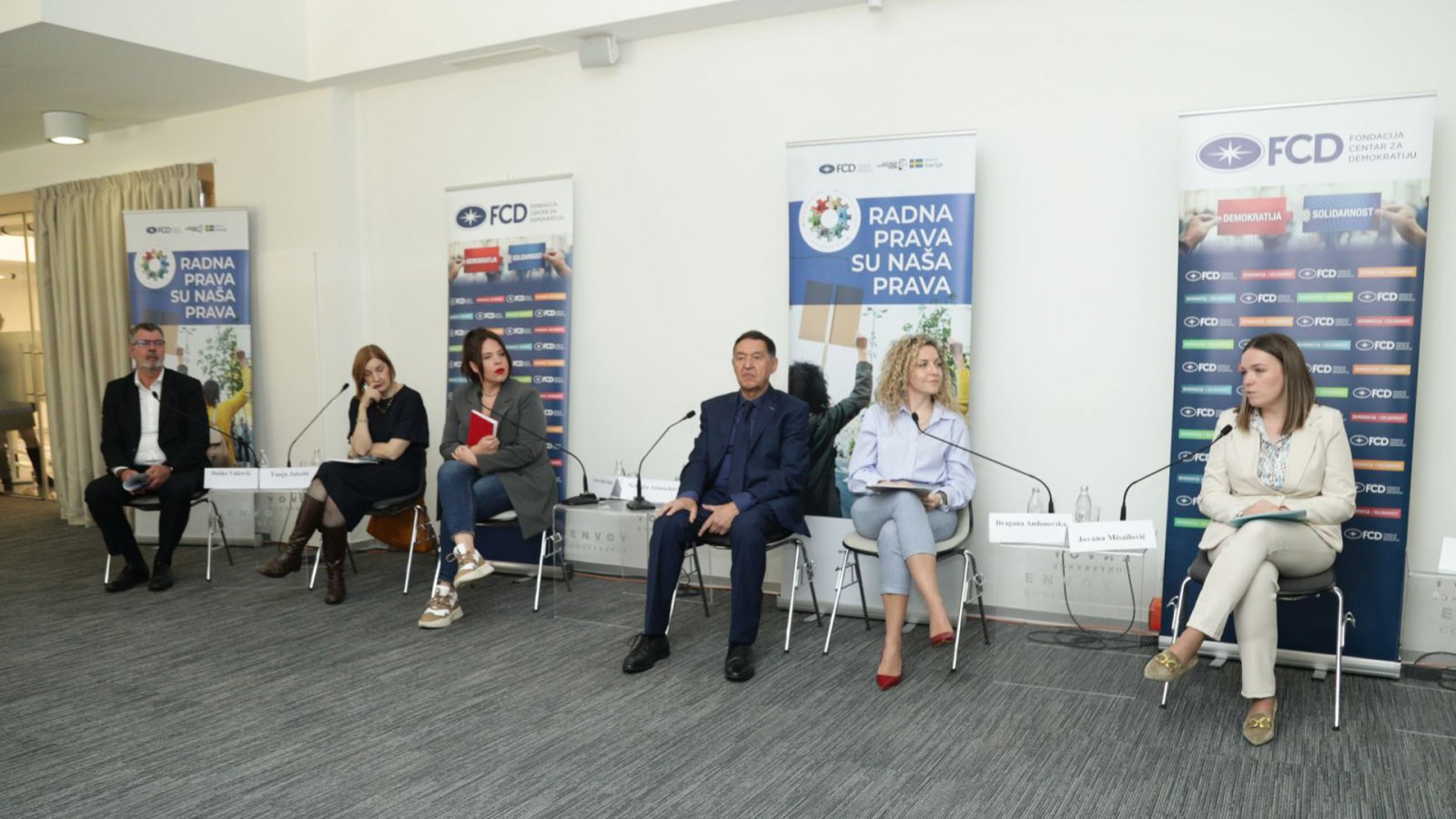
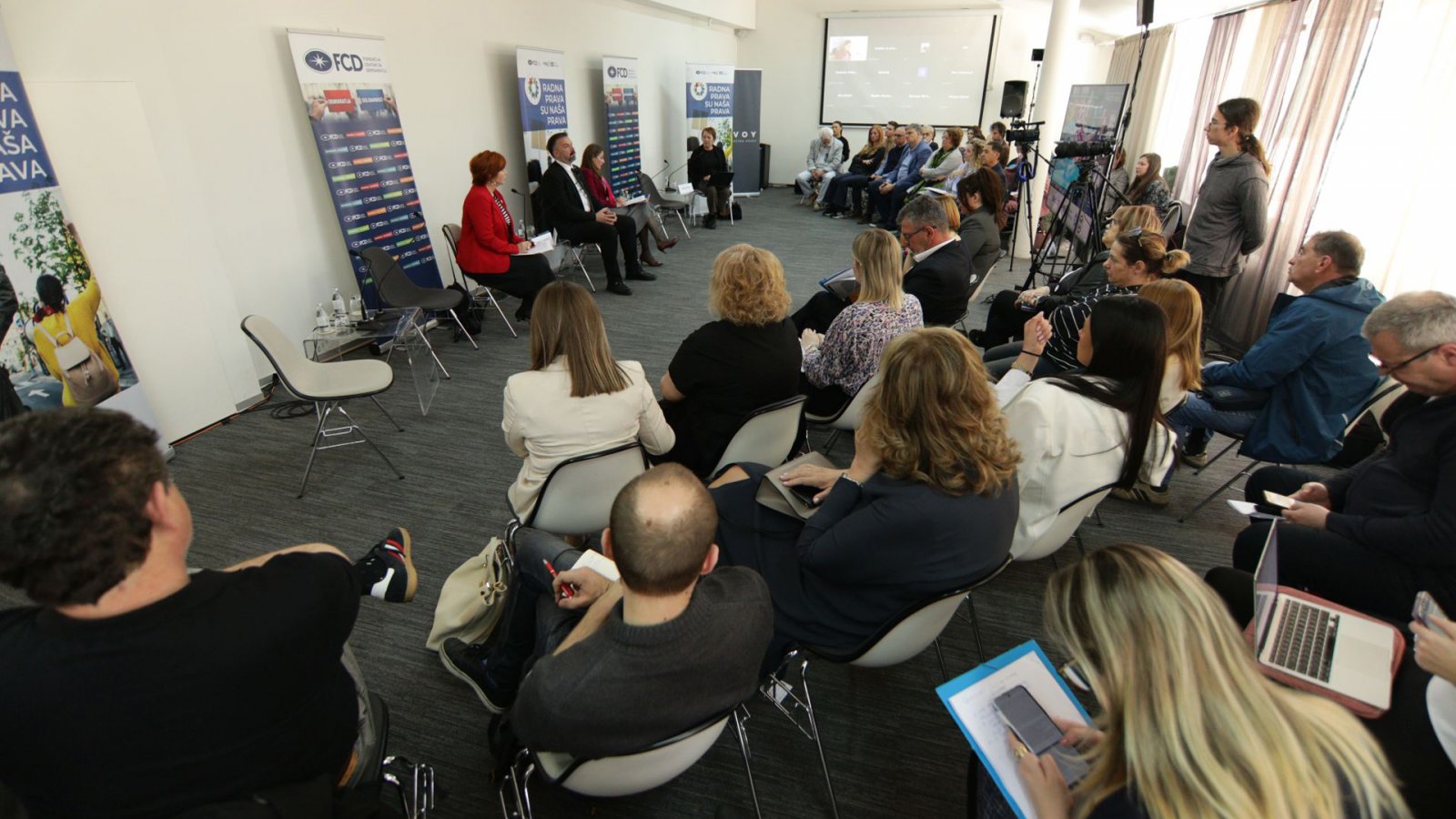
Photo gallery: Annual Conference “Is There Decent Work for the Citizens of Serbia? Between Reality and Possibilities”
Center for Democracy Foundation
Video
Opening of the Conference
Panel I: The State of the Labour Rights in Serbia in 2024
Panel II: Labour Legislation in Serbia – What Next?
PUBLICATIONS
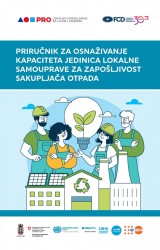 Manual for Strengthening the Capacities of Local Self-Government Units for the Employability of Waste Pickers
Manual for Strengthening the Capacities of Local Self-Government Units for the Employability of Waste Pickers
 NCEU Book of Recommendations 2025
NCEU Book of Recommendations 2025
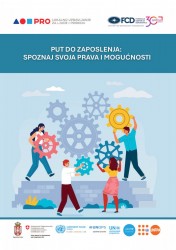 Manual “The Path to Employment: Get to Know Your Rights and Opportunities”
Manual “The Path to Employment: Get to Know Your Rights and Opportunities”
 Challenges for Organising and Collective Bargaining in Care, Administration and Waste collection sectors in Central Eastern European Countries
Challenges for Organising and Collective Bargaining in Care, Administration and Waste collection sectors in Central Eastern European Countries
 Public Policy Proposals – Collective Bargaining (CEECAW)
Public Policy Proposals – Collective Bargaining (CEECAW)
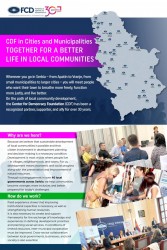 CDF in Cities and Municipalities: Together for a Better Life in Local Communities
CDF in Cities and Municipalities: Together for a Better Life in Local Communities
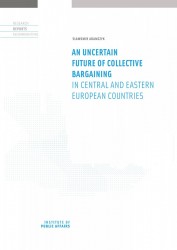 Comparative reports on collective bargaining - CEECAW
Comparative reports on collective bargaining - CEECAW
 POLITEIA – Regional School for Youth Participation 2025 (leaflet)
POLITEIA – Regional School for Youth Participation 2025 (leaflet)
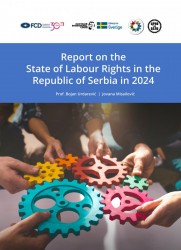 Report on the State of Labour Rights in the Republic of Serbia in 2024
Report on the State of Labour Rights in the Republic of Serbia in 2024
 Unlocking Collective Bargaining Power in Three Sectors: A Call to Action
Unlocking Collective Bargaining Power in Three Sectors: A Call to Action
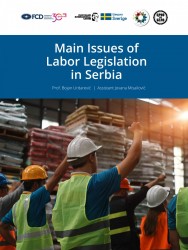 Main Issues of Labor Legislation in Serbia
Main Issues of Labor Legislation in Serbia
 New Monitoring Report by the “SDGs for All” Platform: Is the End Goal in Sight?
New Monitoring Report by the “SDGs for All” Platform: Is the End Goal in Sight?
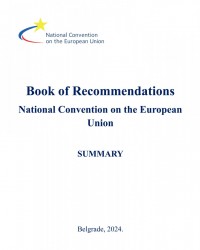 NCEU Book of Recommendations 2024 (Summary)
NCEU Book of Recommendations 2024 (Summary)
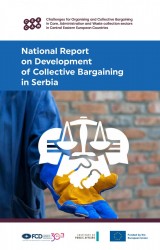 National reports on collective bargaining in Serbia - CEECAW
National reports on collective bargaining in Serbia - CEECAW
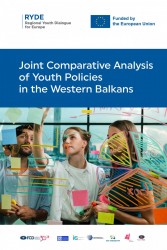 The Comparative Analysis of Youth Policies in the Western Balkans (WB)
The Comparative Analysis of Youth Policies in the Western Balkans (WB)
 Unlocking Collective Bargaining Power in Three Sectors: A Call to Action
Unlocking Collective Bargaining Power in Three Sectors: A Call to Action
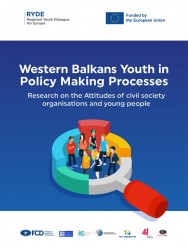 Western Balkans Youth in Policy Making Processes
Western Balkans Youth in Policy Making Processes
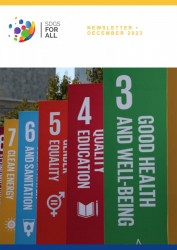 SDGs for All Platform newsletter (December 2023)
SDGs for All Platform newsletter (December 2023)


